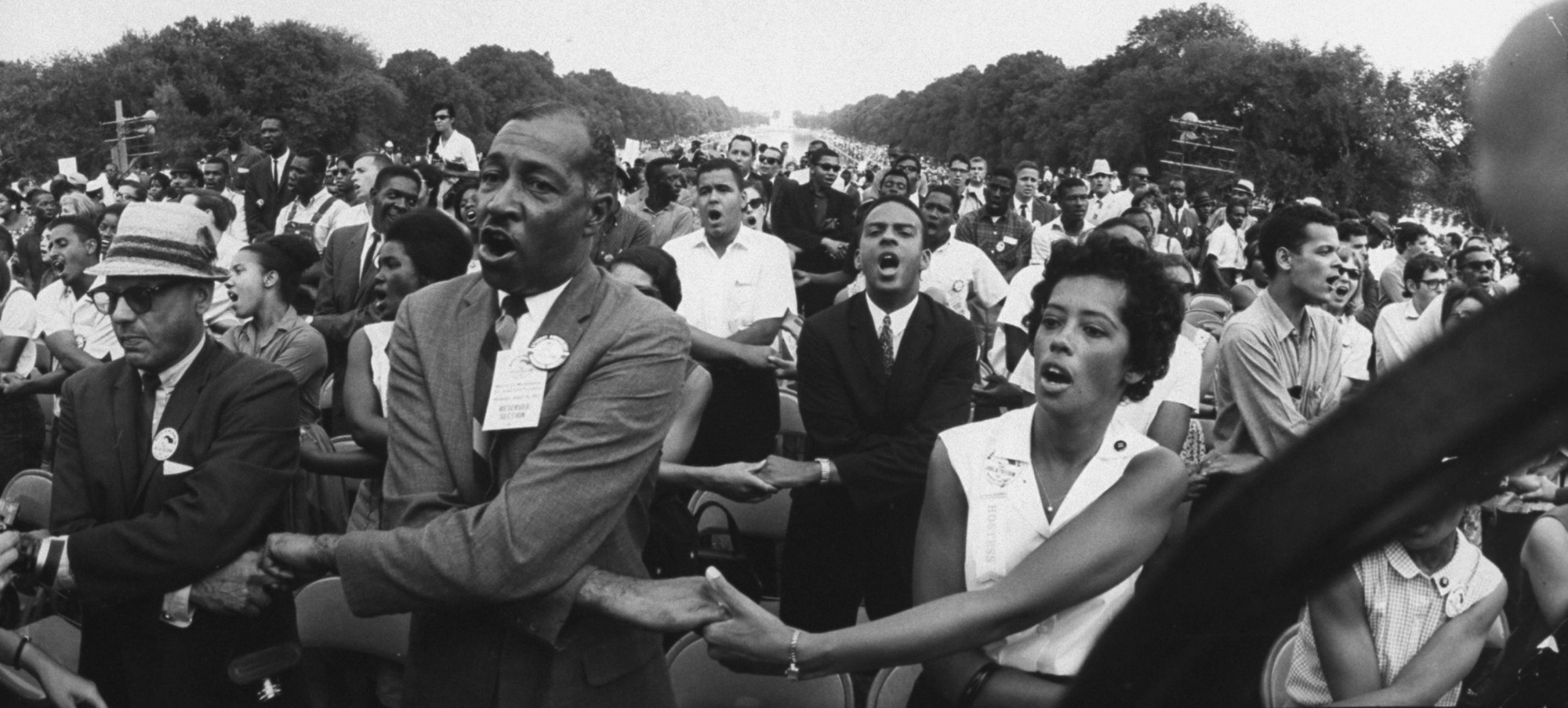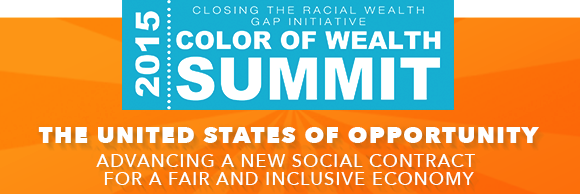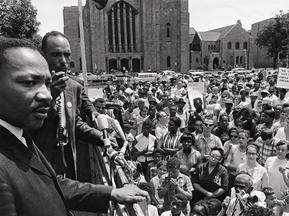Changing the Face of Entrepreneurship. Sheila Herrling, SVP, Social Innovation, Case Foundation Blog. Feb 16, 2016.
We’re celebrating the rich history of entrepreneurs of color and working to level the entrepreneurial playing field for all.
Excerpt:
… Myths of the Entrepreneur persist and are perhaps disproportionately holding back entrepreneurs of color when our nation needs them most. Let’s be reminded of some of the greatest innovations of our time, all led by entrepreneurs of color:
- The carbon-filament light bulb invented by Lewis Latimer in 1881. Thomas Edison gets all the glow (no pun intended), but Latimer’s filament made it cheaper, more efficient and, therefore, more practical and profitable.
- The gas mask invented by Garrett A. Morgan, first used in 1916.
- Blood banks, made possible by the invention of Dr. Charles Richard Drew in 1940, which allowed plasma to be dehydrated and countless lives saved since.
- Refrigerators, invented by Frederick M. Jones in 1940, modernized farming and shipping, and led to the introduction of modern-day supermarkets.
- The automatic oil cup for train parts, invented by Elijah McCoy; his design was so superior to the many knock-offs that engineers ordering them asked for “The Real McCoy” (ok – really, how many of you knew that’s where that term came from?!)
- The potato chip! Invented by George Crum in 1853, the potato chip industry became a billion dollar business, creating a massive amount of jobs and certainly changed my world.
And let’s highlight some modern-day entrepreneurs of color showcasing the power and potential of diversifying the current state of our nation’s entrepreneurship:


